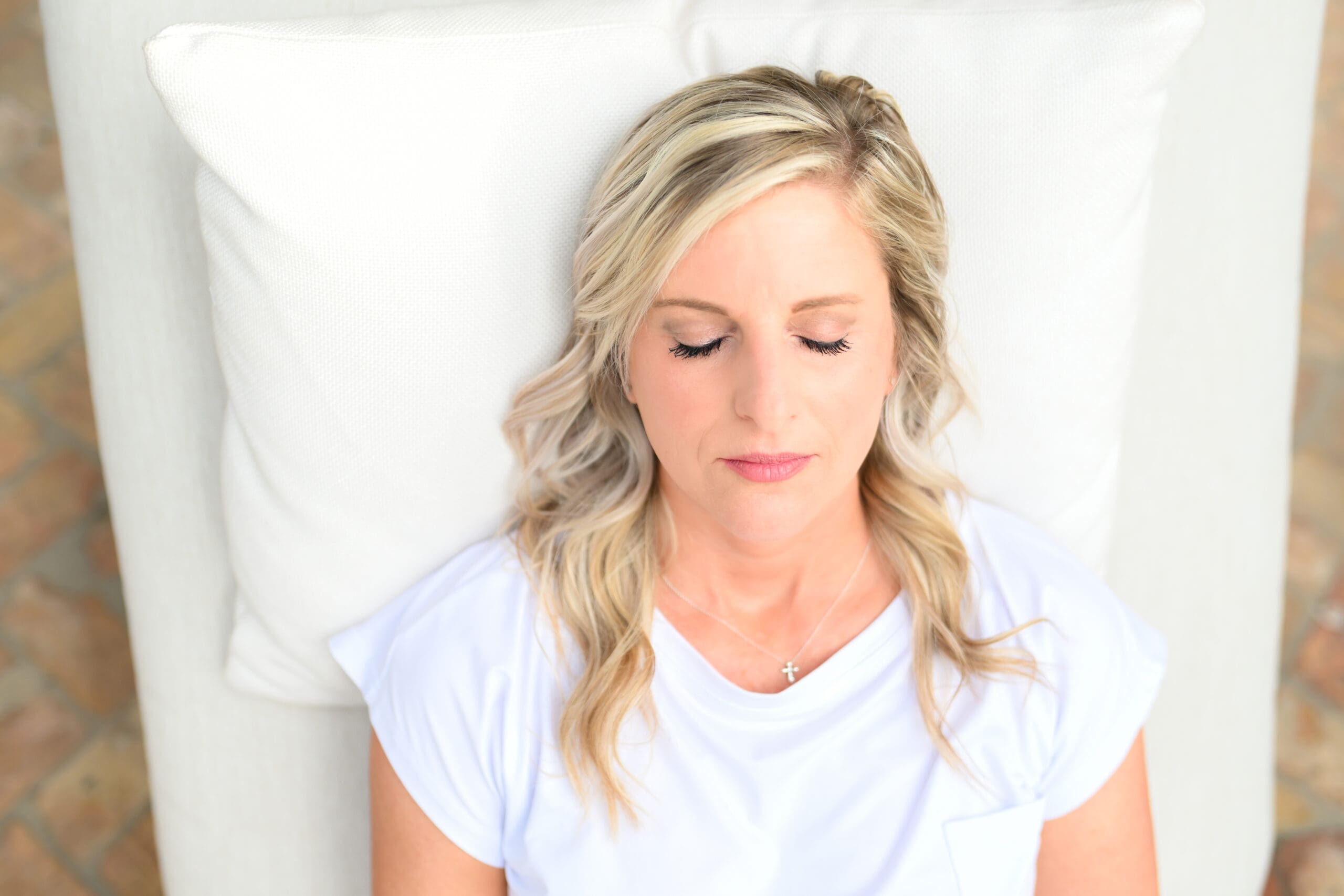Mom of two VR miracle babies after 40, retired Air Force veteran, and holistic fertility coach—I love helping couples bring their own miracle babies into the world. When I’m not podcasting or coaching, you’ll find me homeschooling, planning retreats, or having spontaneous kitchen dance parties with my kids.
Fertility Practitioner
Categories
Hi I'm Susan!
listen to the latest
Join us in
The VR Baby Blueprint
Feeling lost after your vasectomy reversal? The VR Baby Blueprint is a 1:1 coaching program designed to help you optimize fertility, understand what your body needs, and finally get real answers—so you can stop feeling stuck and start moving closer to holding your baby in your arms.
How Better Sleep Can Boost Your Fertility Naturally

When trying to conceive, most people immediately focus on supplements, diet, and fertility treatments. But one of the most powerful (and underrated) tools for improving fertility is quality sleep. If you’re struggling with conception, sleep could be the missing piece in your fertility puzzle.
Why Sleep Is Critical for Fertility
Sleep plays a direct role in hormonal regulation, metabolic health, and reproductive function. Poor sleep doesn’t just leave you tired—it can disrupt ovulation, lower testosterone, and increase oxidative stress on eggs and sperm.
For women, sleep impacts luteinizing hormone (LH) and follicle-stimulating hormone (FSH), which control ovulation. Disruptions in sleep patterns can lead to irregular cycles or even anovulation (lack of ovulation). For men, sleep is essential for testosterone production, which directly influences sperm quality. Research shows that men who get fewer than six hours of sleep per night have lower sperm concentration and increased DNA fragmentation.
The Link Between Sleep and Hormones
Hormones rely on circadian rhythm, the body’s internal clock that regulates sleep-wake cycles. When sleep is disrupted, so are reproductive hormones:
Progesterone & Estrogen: Poor sleep reduces these hormones, making it harder to conceive or sustain pregnancy.
Melatonin: This antioxidant protects egg quality, particularly in women over 35. Low sleep reduces melatonin production, leading to increased oxidative stress on eggs.
Testosterone: For men, deep sleep between 11 p.m. and 2 a.m. is when testosterone production peaks. Less sleep = lower testosterone and poorer sperm quality.
Cortisol: Chronic poor sleep increases stress hormones, which suppresses reproductive function and delays ovulation.
How to Improve Sleep for Fertility
If you struggle with sleep due to stress, irregular schedules, or lifestyle habits, implementing small changes can make a big difference:
Maintain a Consistent Sleep Schedule
Go to bed and wake up at the same time daily, even on weekends. This helps regulate cortisol and stabilize reproductive hormones.
Gradual Bedtime Adjustments
If you’re a night owl, shift your bedtime earlier in 15-minute increments each week. This eases your body into a healthier rhythm without abrupt changes.
Create a Sleep-Friendly Environment
Make your bedroom cool, dark, and quiet. Use blackout curtains, white noise machines, and eliminate blue light from screens before bed.
Establish a Wind-Down Routine
Swap screen time for calming activities like reading, journaling, prayer, or a warm bath with Epsom salts to relax your nervous system.
Mind Your Metabolism Before Bed
Avoid heavy meals, caffeine, or sugary snacks late at night, which can spike blood sugar and interfere with melatonin production.
Sleep Tips for Men’s Fertility
Men often downplay the importance of sleep, but it directly affects testosterone and sperm health. Deep sleep is when sperm production is at its peak, so late nights and poor-quality rest reduce motility, morphology, and sperm count.
Encourage your partner to prioritize consistent bedtimes, low blue light exposure, and a sleep-supportive environment—just as much as you do!

If our story resonates with you, here are a few ways to connect:
- Join Our Facebook Community: Conceiving After Vasectomy Reversal for support and encouragement.
- Subscribe to My Podcast: Conceiving After Vasectomy Reversal for real stories, practical tips, and faith-filled insights.
- Work With Me: Explore personalized coaching to optimize your fertility journey.